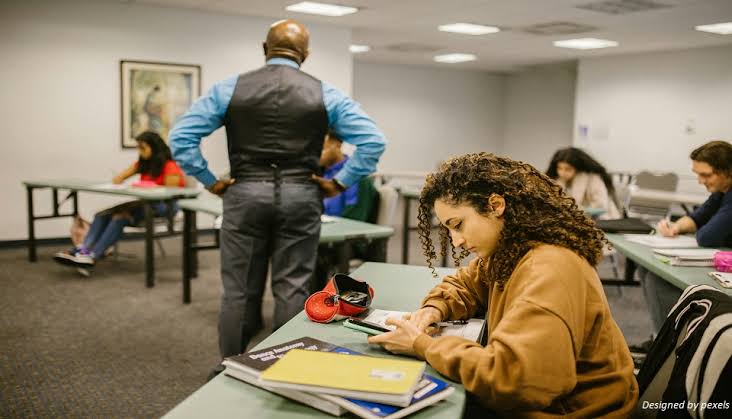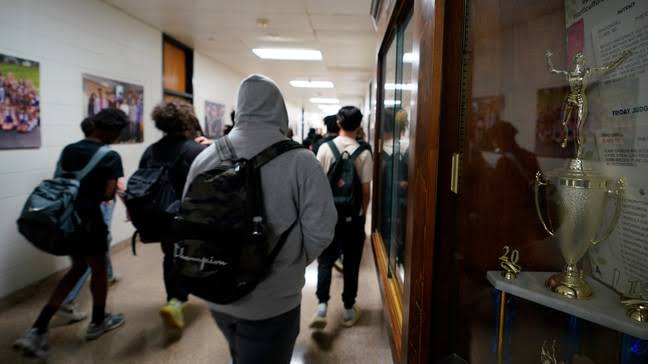Physical Address
60 Ekwema Cres, Layout 460281, Imo
Physical Address
60 Ekwema Cres, Layout 460281, Imo

South African schools and universities are grappling with the challenge of combating cheating using artificial intelligence (AI) tools like ChatGPT and Microsoft’s Copilot.
As these generative AI models become more advanced, they are forcing educators to rethink their assessment strategies and adapt to the changing landscape of academic integrity.
To combat AI cheating, many educational institutions are redesigning their assessments.
Diane Grayson, senior director of academic affairs at Wits University, explains that assessments requiring students to write essays are being modified to prevent them from bypassing the intended learning experience.

Instead, more assessments are being given that require students to use AI tools and show how they have engaged with them, such as critiquing AI-generated text or demonstrating how they used an AI tool to assist with an assignment.
The incorporation of AI into assessment tasks is a way for educational institutions to adapt to the inevitable use of these tools by students.
However, AI cannot and should not be used in every assessment.
In many instances, a gauge of the student’s raw capacity is more important to educators than knowing how well they can use a particular tool.
In face-to-face learning institutions, it’s easier to prevent the use of AI tools through monitoring to ensure students comply with directives.
However, this is rarely possible in distance-learning institutions, which rely heavily on online testing and written submissions for assessments.
Unisa has already incorporated AI into its exam proctoring software suite to combat AI cheating.
Another reason why higher learning institutions are driven to incorporate AI into their teaching and assessment practices is that their students, who will soon be employees, need to be better prepared for the real world.
If they are taught how to use AI to assist them in their work, they will be better equipped for the future.
Read More: TSC Registration Status Check 2024
While AI brings challenges, such as the digital divide between students with different financial means, it also brings opportunities for personalized learning and adaptive assessment.
However, schools must ensure that AI tools are deployed equitably and available to all students.
Both students and lecturers are in the early stages of learning about what AI tools can and cannot do and how best to use them to teach more effectively.
Embracing AI tools in education is a journey that everyone in education has recently embarked on, and the progress on the journey will need to be constantly monitored and practices will need to be constantly adapted as everyone learns and grows along the way.
Was this information useful? Drop a nice comment below. You can also check out other useful contents by following us on X/Twitter @siliconafritech, Instagram @Siliconafricatech, or Facebook @SiliconAfrica.